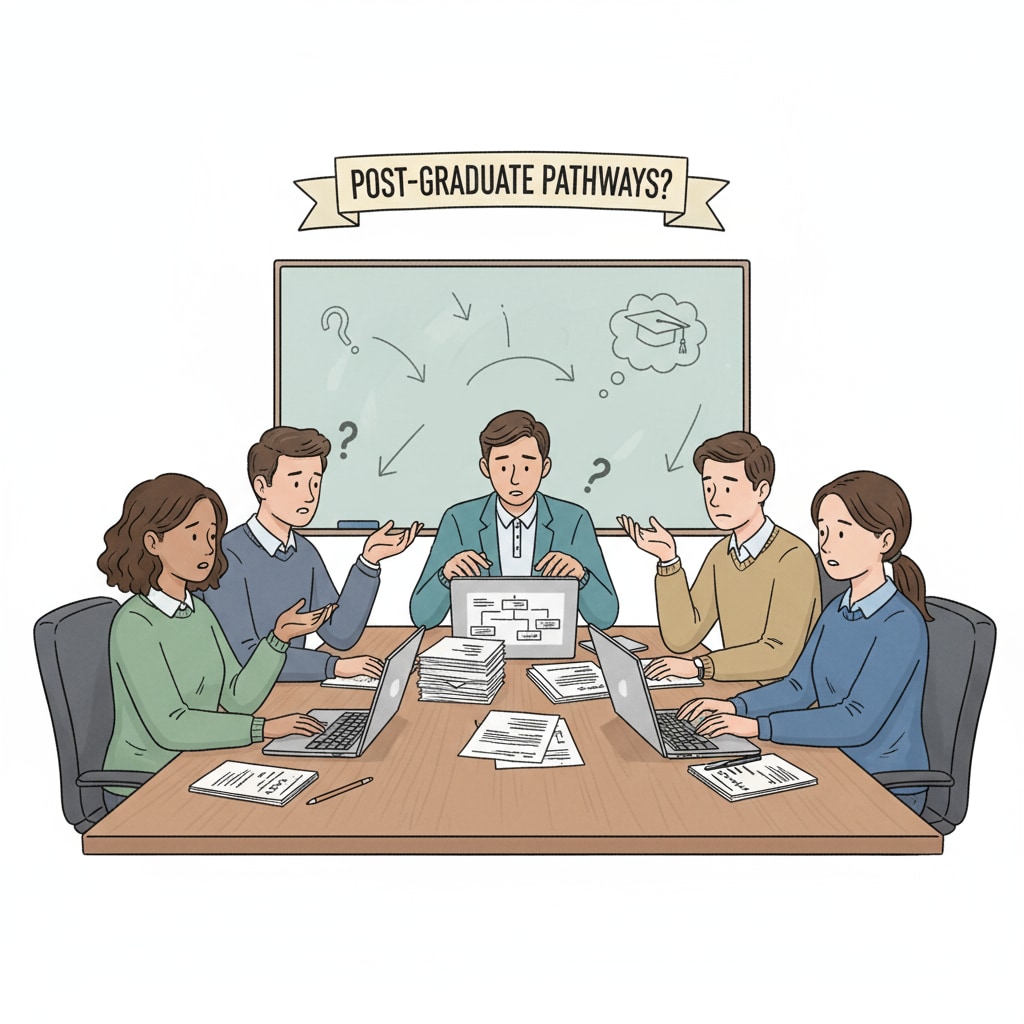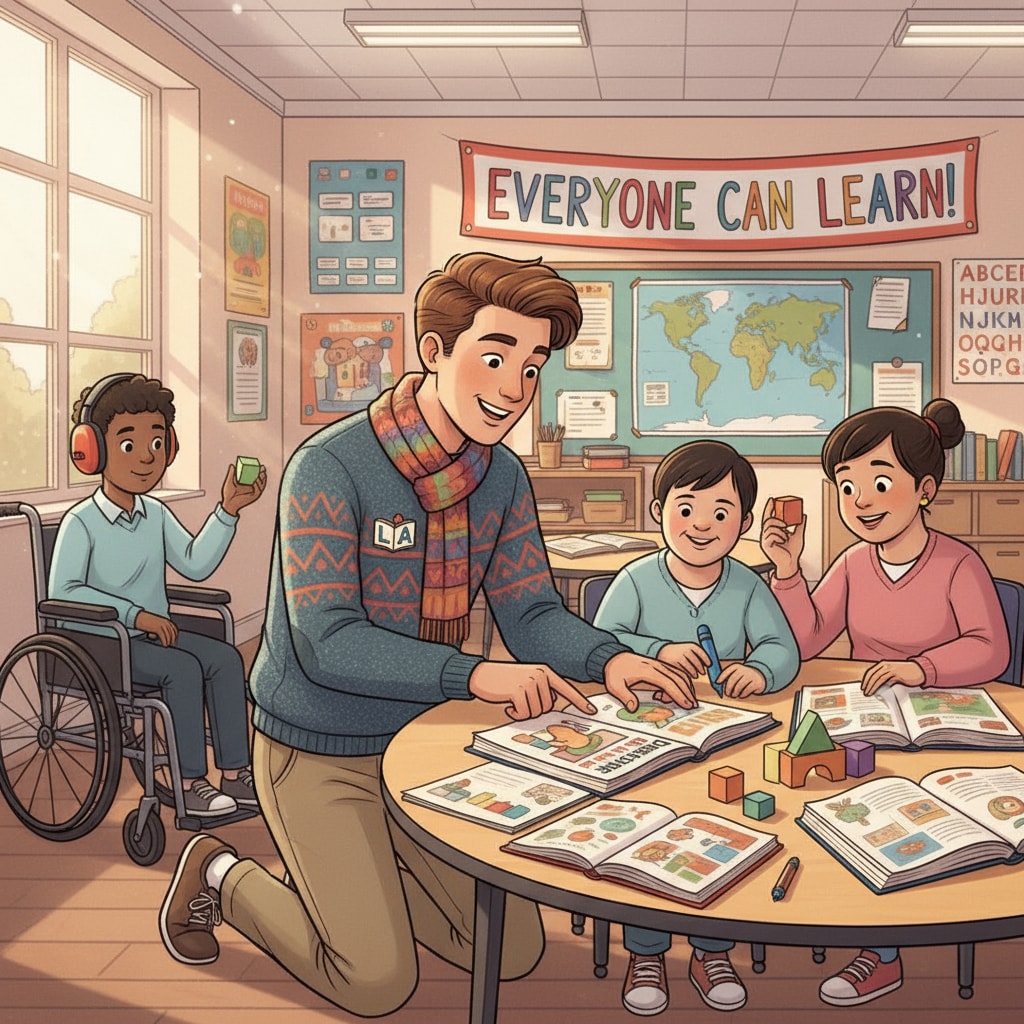Liberal arts education, employment dilemmas, and career transitions are topics that have been on the minds of many liberal arts graduates in recent years. The job market can be tough for those with a liberal arts background, especially in today’s highly specialized and technology-driven world. However, there are hidden opportunities waiting to be explored, particularly in the realm of education.

The Employment Dilemmas of Liberal Arts Graduates
Liberal arts graduates often find themselves at a crossroads. On one hand, their broad-based education has equipped them with critical thinking, communication, and problem-solving skills. On the other hand, the job market often demands more specialized technical skills. For example, a graduate in literature may struggle to compete with computer science majors for jobs in the tech industry. According to Bureau of Labor Statistics data, some traditional liberal arts fields may have slower job growth compared to STEM fields. This lack of clear career paths can lead to feelings of uncertainty and frustration among liberal arts graduates.
Unveiling the Value of Special Education for Career Transition
Special education offers a unique avenue for liberal arts graduates to make a career transition. In special education, the soft skills developed through liberal arts education, such as empathy, patience, and communication, are highly valued. A liberal arts graduate can bring a rich perspective to the classroom, helping students with special needs thrive. For instance, a history major can use their storytelling skills to engage students in learning. Special education schools and programs are constantly in need of dedicated educators. As stated on Understood.org, the demand for special education teachers is on the rise, presenting a great opportunity for liberal arts graduates to pivot their careers.

Making the transition from an academic background in liberal arts to a career in special education requires some effort. It may involve obtaining additional certifications or taking specialized courses. However, the rewards are significant. Not only does it provide a stable career path, but it also allows liberal arts graduates to apply their skills in a meaningful way, making a positive impact on the lives of students with special needs.
Readability guidance: As we have seen, liberal arts graduates face employment dilemmas but can find solutions through career transitions, especially in special education. By leveraging their existing skills and obtaining necessary training, they can embark on a fulfilling journey in the education field.


